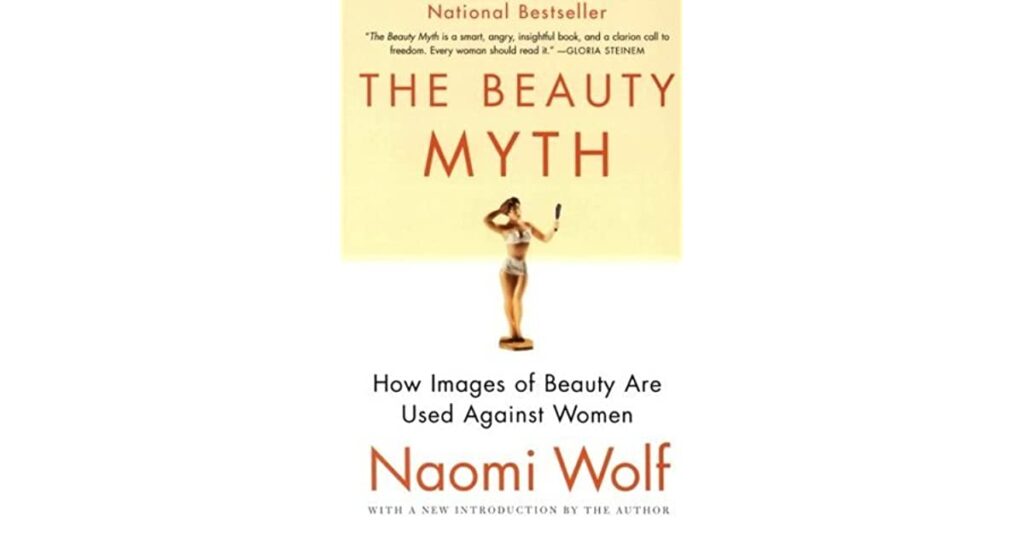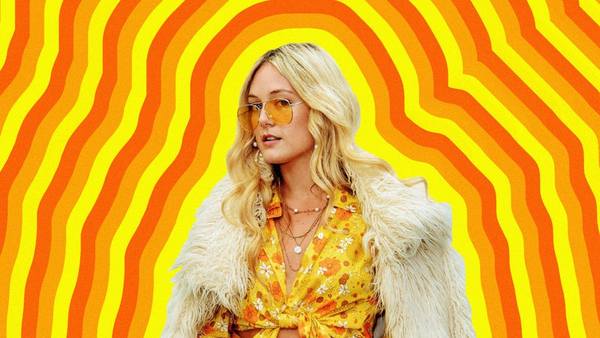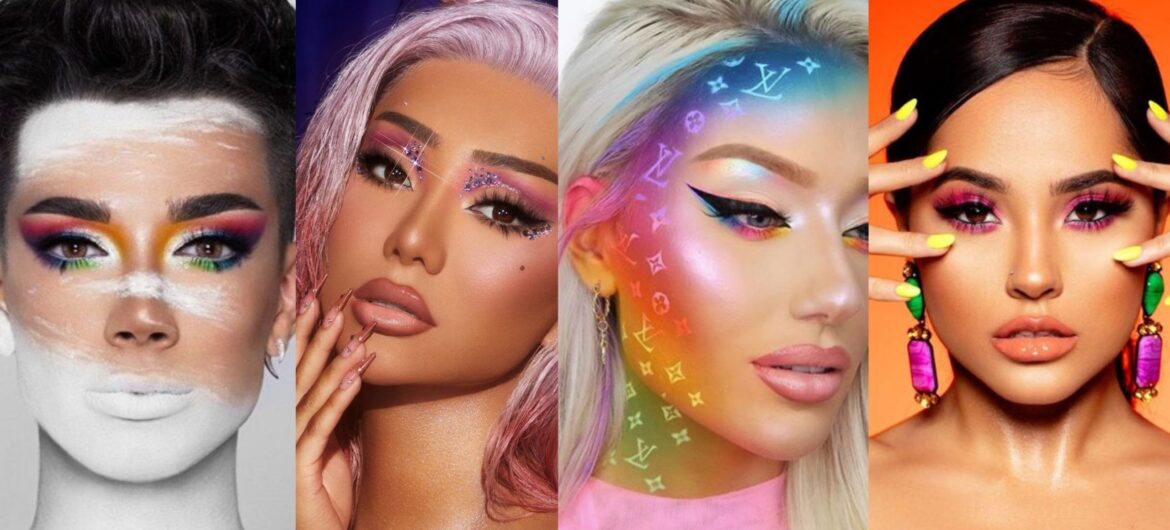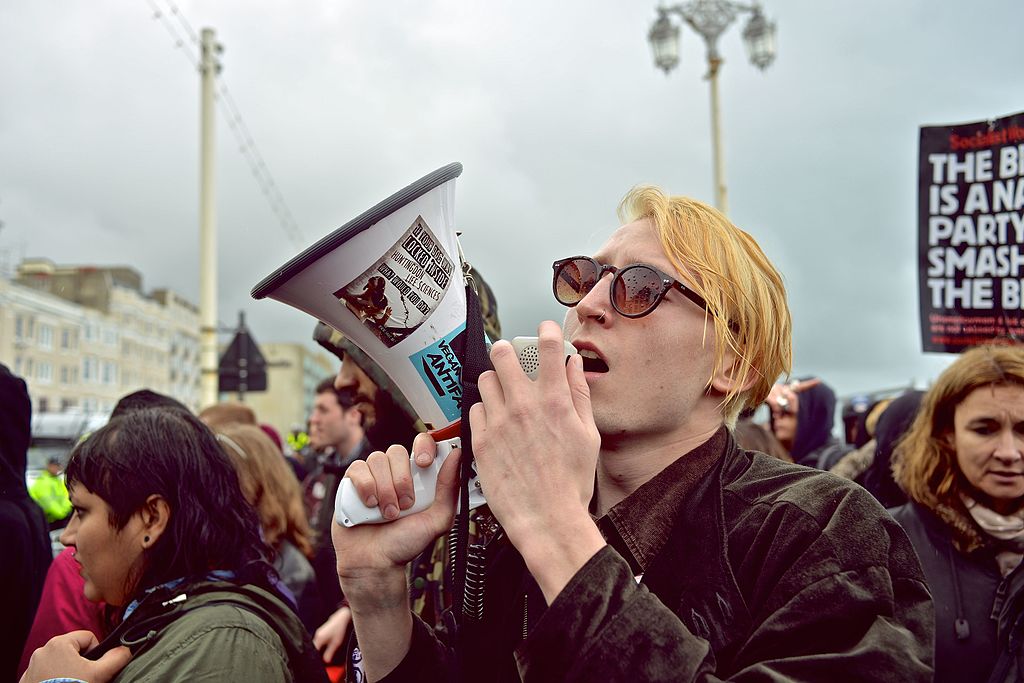Words by Lotte Jaeger
It’s a glance. Then a gaze. Then a feeling. We just know it when it’s there; seeing it is inevitable. We yearn for it. We chase it. We are obsessed with it. Beauty. But what is beauty, and how do we decide who we find beautiful? Is it a decision at all?
We’ve grown up thinking that our notion of beauty is personal, that it’s subjectively perceived. We like to believe that what and who we find beautiful is just a part of our individuality because beauty is in the eye of the beholder, right? That’s what we’ve always been told. Ironically, Western society has agreed on a pretty rigid idea of what female beauty looks like. And the scope of who is considered beautiful is, compared to the vastness of human diversity, tiny.
Escaping the confrontation with the ideal is impossible. We are, everywhere and always, bombarded with images of young, thin and slender white females, with hairless, smooth skin and glossy hair. During the last years, we got to see more exceptions, but it is undeniable that this is what they still are: nothing but exceptions. You will hear people discuss if that one actress is “an 8” or “a 10”, but you probably won’t ever hear people disagree if she’s “a 2” or “a 10.” The perception of beauty as something an individual is – to a great extent – a fallacy. Who we find beautiful, pretty, desirable and sexually attractive is not as personal and intimate as we might think – it is actually highly political. The prevalent Western beauty ideal of the young, white and thin women has emerged through capitalism, racism and the patriarchy – and most of us have internalised it so thoroughly that it powerfully serves their perpetuation.
But isn’t the battle for beauty just in our genes because in order to successfully procreate we’re trying to appear as sexually attractive as possible? Isn’t it inevitable that humans look in a partner for health and fertility; isn’t that just sexual selection like Darwin already described it in his theory of evolution more than 150 years ago? It is not. The prevalent beauty ideal is not based on an underlying genetic quality. Nothing at all makes slender white women generally more fertile, healthy or more successful procreators than other women. Since the present-day Western beauty standard is so pervasive, it is easy to forget that beauty has never been universal. From droopy breasts, fat vulvas and big tummy rolls to hooked noses, huge ear lopes and scarred skin, epitomes of beauty in different cultures around the world could not be more contrasting. Even within Western culture, the definition of beauty sometimes changed radically within only a few decades while evolution takes millions of years to happen. This makes it evident that there is nothing inherently superior about the Western beauty standard, which clearly cannot be traced back to human biology. Our definition of beauty is not natural, not universal and not inevitable; it is a product of our history and a manmade social construct.

Something essentially human, a distinctive characteristic of us is that we collectively believe in imagined orders. Religions, the market, human rights; all of these are not natural; they only exist in our common imagination; they are myths. However, we have internalised these myths so much so it is incredibly hard for us to realise and admit that they’re actually imagined. Naomi Wolf, one of the most influential authors of the third wave feminist movement, argues that beauty is just another myth, which is both a direct product and buttress of capitalism and the patriarchy. The fundamental assertion of her book The Beauty Myth, published in 1991, is that while women have won more and more legal rights, social power, opportunities and prominence; while they have climbed up the ladder of gender equality unprecedentedly high, simultaneously, the pressure they feel to adhere to beauty ideals has skyrocketed. Innumerable images of the perfect women shown by the mass media in commercial advertising, magazines and films propagating an unrealistic ideal affect and preoccupy both men and women. The immense pressure that women feel to comply with the shown images leads to unhealthy behaviours, which compromises and limits their ability to be effective in and accepted by society
“The more legal and material hindrances women have broken through, the more strictly and cruelly images of female beauty have come to weigh upon us. […] More and more women have more money and power and scope and legal recognition than we have ever had before; but in terms of how we feel about ourselves physically, we may actually be worse off than our unliberated grandmothers.” (Naomi Wolf, The Beauty Myth, p. 2)
But what is it that women gain once we are considered beautiful? Wolf argues that in our society, beauty is a currency system; it is a facet of power that assigns value to women. Beauty makes us worthy of respect; it opens doors and increases opportunities. By the same token, the lack of beauty also has tangible dire consequences. At the top of our imagined beauty hierarchy is what call “natural beauty.” Beauty should be effortless, easy and permanent. However, very little of what is naturally human and feminine is perceived as beautiful. The most natural traces that life leaves on a women’s body and face have been labelled as “flaws”. Body hair, the natural shape of breasts and stomachs transformed after the miracle of childbirth, stretch marks, scars, dark circles around the eyes after a night spent dancing, fuzzy hair after a day on the windy beach. Instead of appreciating them a sign of a fulfilled life, they make us feel ugly, ashamed, unworthy.
“How can an ‘ideal’ be about women if it is defined as how much of a female body, and how much of a female life does not show on her face?” (p.72)

Naomi Wolf convincingly explains that by condemning so much of what is essentially female as ugly, undesirable and unworthy, the power of women is diminished and their position in society significantly weakened in favour of the position of men. This is how the Beauty Myth props up patriarchy; it is a belief system that keeps male dominance intact.
In a society in which beauty functions like a currency, no one wants to live with an appearance cluttered with flaws. Luckily, capitalism can fix that. The market offers an overwhelming variety of products designed to retouch or hide our ugly bits. Men don’t like hairy legs, tired eyes and tummy rolls? How lucky we are that we can buy razors, make up and weight loss tea, right? Sadly, the opposite is true. Capitalism is not helping us out here, but it is to blame for making us feel like we’re flawed in the first place. The beauty industry is worth more than 530 billion dollars, and it’s on an upward trajectory. All of that money is made from our insecurities, our feeling that we’re not good enough, that we need to change and to spend money in order to become more accepted, desired, worthy.
Interestingly, women only started shaving because in the 1920s the razor manufacturer Gillette, which had previously only sold products to men, started using advertising and marketing strategies that effectively made women embarrassed about their body hair. It was a capitalistic triumph: With strategic advertising, razor companies used fear, shame, loneliness and sex appeal to create from scratch what has become a million-dollar industry and a daily struggle for women and girls around the world. Let that sink in for a bit. We all spend a fortune of money and time on making our armpits, legs and vulvas hairless because some company a hundred years ago had the random idea that this is how they could make money – and it worked.

21-year-old artist, writer and activist Florence Given has become fed up of being told that she should be repulsed by something that is part of her own body: “Fuck your overpriced pink razors, I’m gonna be a hairy bitch now!” In her recently published book Women don’t owe you pretty, she fiercely challenges “outdated narratives supplied to us by the patriarchy.” Defining female beauty as appearing desirable to men; pleasing the male gaze; Florence voices some very uncomfortable truths: Since we all have grown up in a society that teaches us that desirability is women’s most important worth, that beauty is a currency, that being pretty makes us privileged, we cling to this concept so much so we torture ourselves with painful and expensive beauty rituals, we accept harassment, and we don’t dare to speak up about issues that actually matter to us. We are not only objectified by men, we objectify ourselves. Every time we shave our legs just because he likes them better smooth, put that push-up bra on that is actually extremely uncomfortable, and every time we shut up after being laughed at when we try to speak up about harassment, we accept that we’re viewed as objects. Objects are not supposed to be empowered. This is how we disempower ourselves. Florence explains how much women and girls themselves have internalised misogyny. Whenever we shame other women for what they wear, who they do or don’t have sex with, when we tear women down for being successful, when we say that we are not “like the other girls” (because they’re bitchy and full of drama and we are the exception) and whenever we find comfort in other women’s “flaws”, we’re actually just doing the patriarchy’s dirty work, reproducing its toxic misogyny. As long as women are kept busy competing with and shaming each other, busy making themselves look as desirable as possible, busy running after the beauty myth, we are unable to fulfil our real task: finally smashing the bloody patriarchy.
So what now? Life is so much easier when we reflect society’s idea of beauty. Rejecting it requires a lot of courage and strength. It’s okay not to be that brave all the time, but we need to stop judging those who are. It’s okay to buy make-up and push-up-bras and razors, but we need to be aware that what makes us feel so good about it is the validation we receive by meeting society’s expectations and not really the hairless legs themselves. Hairy legs actually feel really nice. We need to be aware that we contribute to perpetuating our own oppression. I think that the liberation of our appearance cannot be achieved by attempts to broaden our definition of beauty. But it can be achieved if we stop assigning beauty so much importance altogether. We need to realise that unlike we’ve always been told, our body is not an image, it’s an experience. Chocolate tastes just as good when your hair is frizzy, your favourite song sounds the same when you have circles around your eyes, dipping into cold water on a hot summer day is just as refreshing when you’ve gained 5 kilos and an orgasm feels just as magical when you have not shaved your legs. Let’s stop sacrificing these moments. Let’s praise our future daughters for their kindness, intelligence and empathy and not for their beauty. Let’s raise them to be shameless. To be brave. To pursue pleasure. To close their eyes and feel. Actually, let’s not wait for our daughters. Let’s start with ourselves.






Hlo
hy